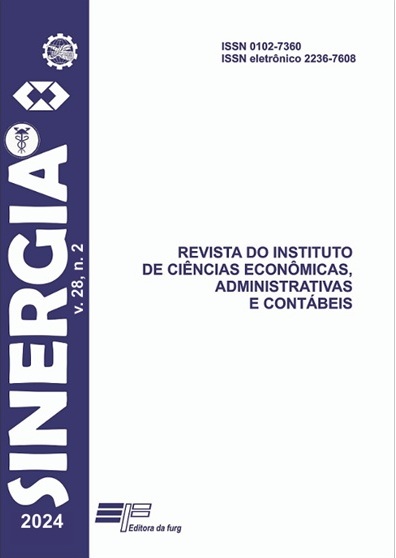CONTRIBUIÇÕES DAS MÍDIAS SOCIAIS PARA O TRABALHO DE IDENTIDADE-RESISTENTE
DOI:
https://doi.org/10.63595/2236-7608-v28n2-18051Resumo
Defendemos aqui que a análise das mídias sociais pode contribuir para a compreensão do imbricamento entre trabalho de identidade e resistência (BARDON ET AL., 2012), que só recentemente vem sendo explorado na literatura (BARROS, 2018). As mídias sociais podem potencializar a capacidade de agência de indivíduos submetidos a processos de regulação de identidade. Nesse sentido, temos por objetivo discutir o papel das mídias sociais no trabalho de identidade que se estabelece enquanto um processo de resistência. A transparência e a visibilidade das mídias sociais foram discutidas aqui como possibilidades de ultrapassar as fronteiras artificiais das organizações formais, incluindo no debate acerca da relação entre trabalho de identidade e resistência fenômenos que não estão circunscritos nestes limites. A informalidade das mídias sociais possibilita a ruptura com hierarquias organizacionais formais, bem como a inserção de excluídos no plano discursivo. A associação proporcionada pelas mídias sociais permite a retomada de formas tradicionais de luta. Por fim, com uma linguagem mais híbrida, as mídias sociais expandem os recursos discursivos envolvidos no trabalho de identidade e em sua relação com fenômenos de resistência.
Palavras-chave: Mídias sociais; Trabalho de identidade; Resistência.







